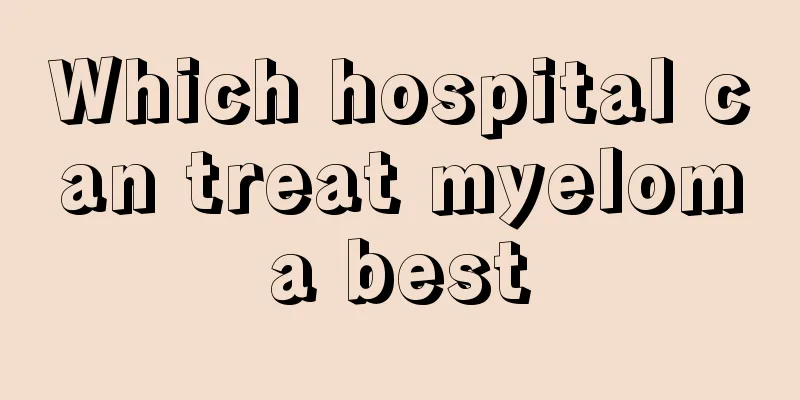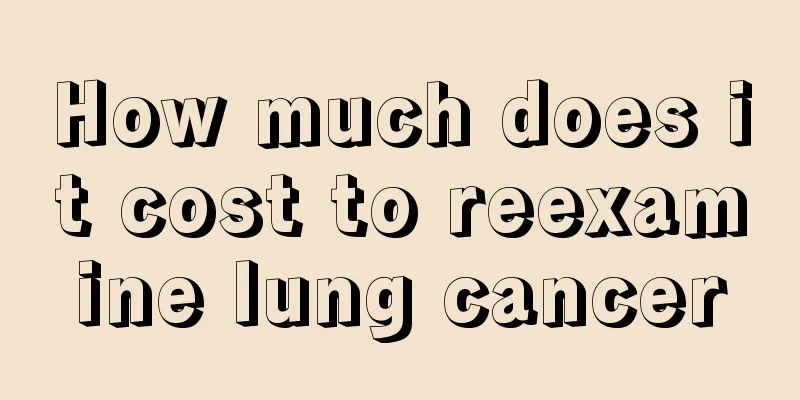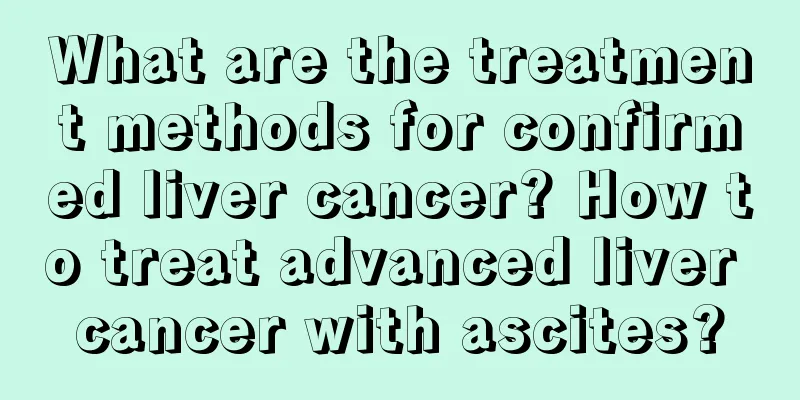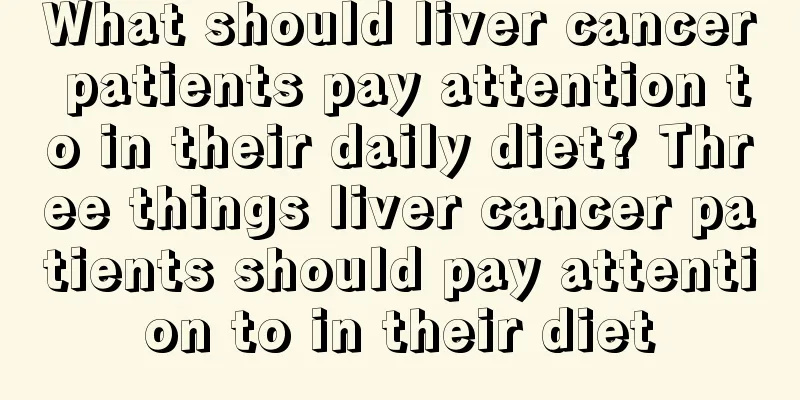Five early symptoms of esophageal cancer
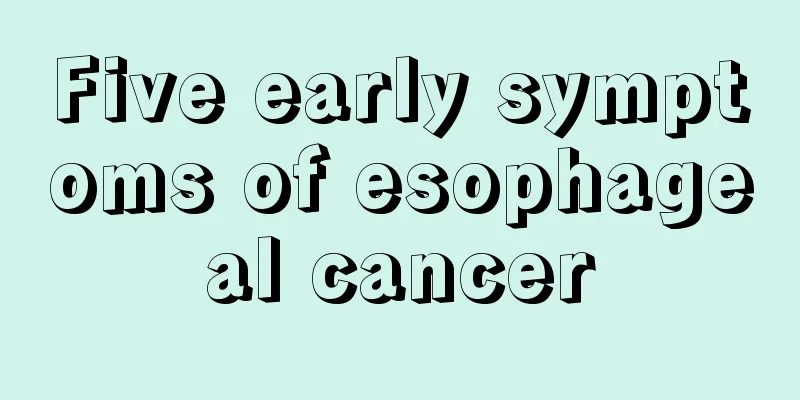
|
Esophageal cancer is a common malignant tumor of the digestive system. Its early symptoms are usually not obvious, but timely detection and treatment are crucial to improving the cure rate. The five major early symptoms of esophageal cancer generally include difficulty swallowing, pain behind the sternum, loss of appetite and weight loss, hoarseness, and persistent cough. If the symptoms persist, it is recommended to seek medical attention in time and take targeted treatment measures under the guidance of a doctor. The details are as follows: 1. Dysphagia: Dysphagia is one of the most common early symptoms of esophageal cancer. Patients will feel difficulty swallowing solid food. As the disease progresses, they may gradually have difficulty swallowing liquids. It is recommended to seek medical attention in time when dysphagia occurs for early diagnosis and treatment. 2. Pain behind the sternum: Pain or discomfort behind the sternum is also one of the early signs of esophageal cancer. Patients may feel burning, tingling or dull pain in the chest, especially when eating or drinking. If pain behind the sternum occurs, you should see a doctor as soon as possible. 3. Loss of appetite and weight loss: Patients with esophageal cancer often experience loss of appetite and significant weight loss, which is mainly due to dysphagia and the impact of the tumor on the digestive system. If unexplained weight loss occurs, you should be alert to the possibility of esophageal cancer and seek medical attention in time. 4. Hoarseness: Hoarseness may be caused by esophageal cancer compressing or invading the recurrent laryngeal nerve. Patients may experience symptoms such as hoarseness and difficulty speaking. For patients with hoarseness without obvious reasons, the possibility of esophageal cancer should be considered. 5. Persistent cough: Persistent cough is also one of the early symptoms of esophageal cancer. Patients may have a dry cough or a cough with a small amount of sputum, especially after eating. If a persistent cough occurs, you should see a doctor as soon as possible. Early detection and treatment are crucial to improving the cure rate of esophageal cancer. Patients are advised to seek medical attention in a timely manner when relevant symptoms occur, and undergo appropriate examinations and treatments according to the doctor's advice. |
<<: Is pulmonary hamartoma cancer?
>>: Five early symptoms of esophageal cancer
Recommend
What are the common complications of osteosarcoma
Osteosarcoma is a malignant tumor. Once you have ...
What to do if you have neck pain or stiffness?
Neck pain or stiffness is an experience that many...
How is liver cancer caused by eating? To prevent liver cancer, don't eat this kind of food
With the progress of society, people's bad ea...
How to prevent computer radiation? 6 steps to solve it easily
Computer radiation seriously endangers people'...
Can bird's nest remove fetal toxins?
Fetal toxins mainly refer to heat toxins. Pregnan...
What is the reason for back pain while working
If a person maintains a posture for a long time, ...
Timely treatment of early symptoms of colorectal cancer can prevent it from developing into the late stage
If colorectal cancer patients can detect the earl...
What diseases can iron deficiency cause?
Iron and calcium are both essential trace element...
What to do if mosquito bites cause redness, swelling and blisters
It is said that spring is the season when all thi...
How to wash oil stains off jeans
Normally, we change our clothes frequently. Even ...
What can be added to milk to get rid of acne
Milk contains a lot of protein, and milk is also ...
How long can you live with skin cancer symptoms
How long can you live with skin cancer symptoms? ...
Is chickenpox still contagious after recovery?
We all know that chickenpox is a contagious skin ...
Dietary taboos for small cell lung cancer
What are the dietary taboos for small cell lung c...
Tongue cancer specialist physical examination fee
The cost of a specialist physical examination for...

